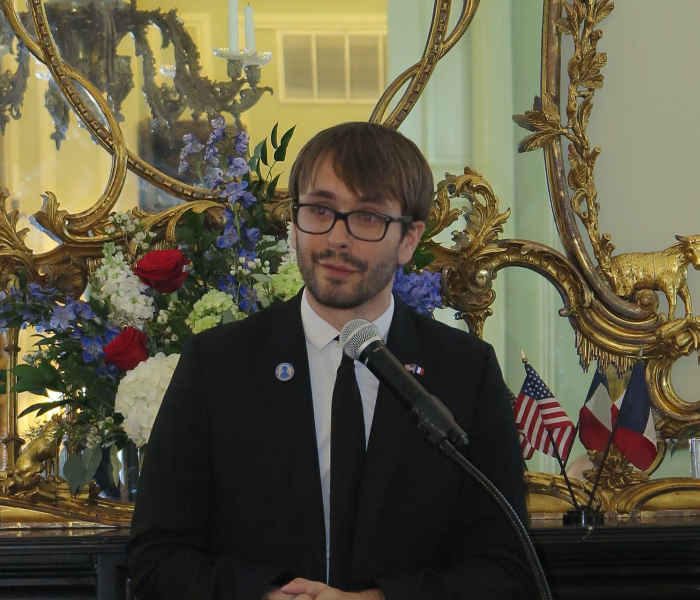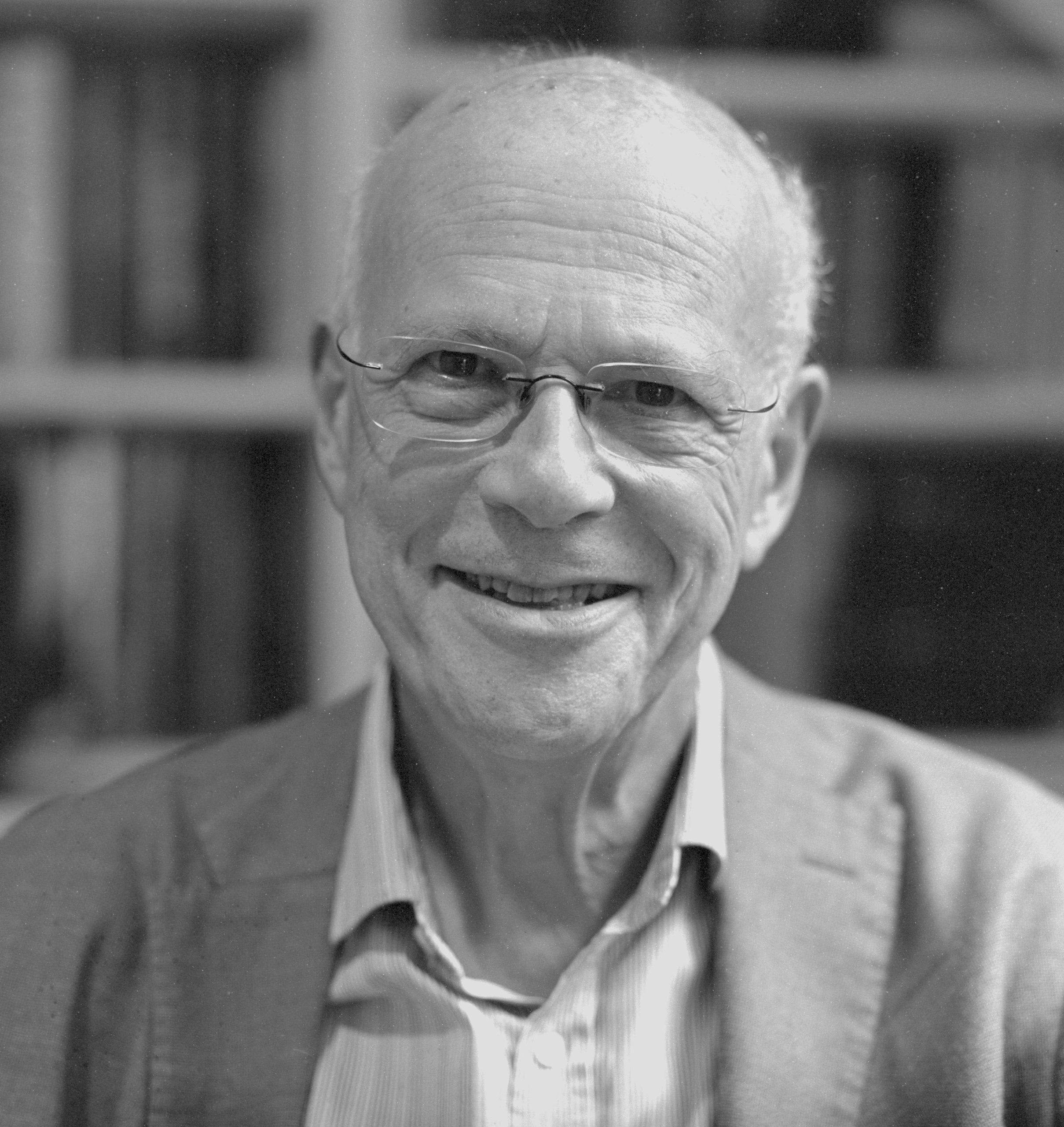Images (Left to Right): Oil painting of Marquis de Lafayette (Ary Scheffer, 1824, On Display in US Capitol Building); Oil painting of Alexis de Tocqueville (Théodore Chassériau, 1850, Versailles Collection)

Wednesday, November 5
2025 Richard N. Hill History Conversation
Presentation & Discussion
Through the Eyes of Lafayette & Tocqueville
6:30 – 8 PM
Carriage House Theater
Auburn, NY 13021
In the early 19th Century, Auburn was one of the largest communities West of the Hudson. The pioneer town attracted speakers, artisans, and thinkers from across the world with the new completion of the Erie Canal and the growing industrialism and intellectualism spurred by the Auburn Prison and Theological Seminary. Among these major figures who came to the emerging city were two of the most influential Frenchmen in American history: the Marquis de Lafayette & Alexis de Tocqueville.
In this History Conversation, learn more about Lafayette and Tocqueville: who they were, what their visits to Auburn were like, and how their tours of the US and Auburn shaped their wonderment and disappointment at the promise of American Democracy and its future. The Conversation will be led by Julien Icher, President of the Lafayette Trail, Inc., and Dr. Olivier Zunz, James Madison Professor Emeritus of History at the University of Virginia. A Q&A moderated by the Seward House Museum’s Director of Education, Jeff Ludwig, will follow.
Cost
$30 General Admission, $25 Museum Members
Online Registration is no longer available, but in-person registration is welcome when the doors open at 6 PM.
Food & Drink
Light hors d’oeuvres and cash bar available
Location & Parking
This program will take place in the Cayuga Museum’s Carriage House Theater at 203 Genesee St (rear) in Auburn. Parking is available in the Museum lots, and street parking is available on Genesee and Washington St. Overflow parking is also available at Pettigrass Funeral Home at 196 Genesee St.
Conversation I
The Lafayette Trail in Upstate: A New York Story of American Republicanism narrated by a French Marquis

About the Speaker
Julien Pierre Icher is a 32-year-old French national, Founder, and President of The Lafayette Trail, Inc. He is a graduate of the Ecole Normale Supérieure de Lyon, one of the few French Grandes Ecoles. He holds a bachelor’s degree with a double major in history and geography, as well as two master’s degrees: one in human geography, the other in digital geographies, with a focus on the integration of spatial data in web environments.
At age 24, he accompanied President Emmanuel Macron of France as the youngest member of the French Presidential Delegation during President Macron’s state visit to Washington, D.C. in April of 2018. Julien’s mission was to help emphasize the historical bonds of friendship that have formally united France and the U.S. since the signing of the treaty of Alliance in 1778, and the critical role that Lafayette played in their formation. Julien also had a chance to meet with President Macron again in December 2022 in Washington, D.C. and New Orleans during the French president’s most recent state visit to the U.S.
Julien is the host and director of Follow The Frenchmen, a YouTube-based not-for-profit web series produced by The Lafayette Trail, Inc. exploring and interpreting the significance of Lafayette’s legacy, in particular the Frenchman’s tour of the U.S. in 1824-1825. Over the past few years, he has given over 110 lectures, primarily about Lafayette and the Farewell Tour.
The Lafayette Trail, Inc. is a nonprofit organization with the mission to educate the public about the significance of Lafayette’s legacy.
Conversation II
Democracy in America: Tocqueville’s Perspectives on American Freedom & Imprisonment

About the Speaker
Dr. Olivier Zunz is the James Madison Professor Emeritus of History at the University of Virginia. He joined UVA in 1978, where he taught for 43 years in the Department of History. He has held visiting appointments at the Collège de France and the École des Hautes Études en Sciences Sociales, among other professorships abroad. He is currently a Senior Fellow at the Institute for Advanced Studies in Culture at the University of Virginia.
He holds a Doctorat d’Etat es-lettres from the Sorbonne (1982).
Olivier Zunz is the author of The Man who Understood Democracy: The Life of Alexis de Tocqueville (Princeton University Press, 2022)
His editions of Alexis de Tocqueville’s works include The Tocqueville Reader: A Life in Letters and Politics [with Alan Kahan] (Blackwell, 2002), Democracy in America, trans. Arthur Goldhammer (Library of America, 2004), Alexis de Tocqueville and Gustave de Beaumont in America: Their Friendship and Their Travels, trans. Arthur Goldhammer (University of Virginia Press, 2010), and Recollections (1850-1851), trans. Arthur Goldhammer (University of Virginia Press, 2017).

About the Moderator
Jeff Ludwig is the Director of Education at the Seward House Museum, a position he has held since 2015. Jeff holds a PhD in History from the University of Rochester, and previously taught at SUNY Geneseo. He recently completed an essay on William Seward’s connections to the Erie Canal for (R)Evolutions, a scholarly initiative designed to commemorate the Canal’s bicentennial.













